WASHINGTON, April 19, 2023 – Last November, the Urban School Food Alliance joined Cafeteria Culture in hosting the first ever Plastic Free Lunch Day, a nationwide initiative to reduce plastic foodware and packaging in school cafeterias across the country. During the event, USFA members and hundreds of schools nationwide transformed their lunch lines for the day to help eliminate single-use plastic. Today, school nutrition programs and student leaders take action once again, in member cities and districts of all sizes.
“The Urban School Food Alliance is excited to see the momentum behind PFLD and build on the success of last year’s launch,” said Dr. Katie Wilson, Executive Director of the Urban School Food Alliance. “Our members are committed to creating a healthier future for students and the environment. The ideas and partnerships that came out of the first PFLD event have continued to transform the way USFA districts think about the sustainability of their procurement practices, products, and operations. We look forward to seeing this initiative grow today and continuing to find new opportunities to reduce waste in schools every day.”
The Plastic Free Lunch concept was developed by Cafeteria Culture, an environmental education nonprofit, and a group of New York City fifth graders who, after studying plastic pollution for two years, discovered that their lunches contained a shocking amount of single-use plastic foodware and packaging. In response, the students designed and carried out the first plastic free lunch day that reduced total school lunch waste by 99% and eliminated 558 plastic waste items.
PFLD is a student action response to the massive plastic chemical and global plastic pollution problems. The world produces over 400 million metric tons of plastic each year, most of which is throw-away single-use plastics that end up in incinerators, landfills or the environment. As described in Cafeteria Culture’s award-winning student-led movie, Microplastic Madness, plastics survive for generations and break into small pieces called microplastics and then into tiny pieces called nanoplastics. These long-lived tiny plastic pieces have become airborne and taken flight across the globe, resulting in a near-permanent contamination of our soil, air, water and bodies.
“As polluting plastics pile up across the world, they wreak havoc on our environment and health, while adding fuel to the Climate Emergency. Plastic Free Lunch Day provides an excellent opportunity for students to take action right in the school cafeteria, said Debby Lee Cohen, Cafeteria Culture founder and Executive Director. “Students, the clients of school food, are taking real-life relevant action, resulting in game-changing institutional change that tackles the seemingly intractable issues of plastic waste and equity.”
The exponential rise in school lunch plastic is often most keenly felt in urban areas, where the non-biodegradable highly-flammable plastics pile up at waste transfer stations, landfills and recycling centers tasked with recycling the unrecyclable, or are used to fuel incinerators that release toxic air emissions to nearby, often marginalized, communities. When plastics overflow these communities, they are exported to countries of the Global South such as Indonesia where they also pile up, are openly burned, and dumped into waterways that enter the ocean. The upstream solution to this global problem is to turn off the tap–reduce plastic production–the message behind PFLD.
“Plastic Free Lunch Day is a golden opportunity for New York City and large school systems across the nation to speed the reduction of climate-destroying single-use plastics from school food service,” said Eric Goldstein, NRDC Senior Attorney and Director, NYC Environment, People & Communities Program. “Cutting back on single-use plastics makes sense because it cuts waste disposal costs while reducing health and environmental threats from exposure to plastic’s toxic constituents. And there are no better emissaries than our young students to send the message to government decision-makers that the best time to implement more environmentally sensible policies in our schools is right now.”
PFLD is also an urgently needed student health intervention. Plastic foodware and packaging contains thousands of toxic chemicals such as PFAS that readily migrate from plastic into food and beverage. Most of these persistent lipophilic plastic chemicals wreak havoc with students’ developing neurologic, immune, reproductive, and endocrine (hormone) systems. And as classified obesogens, they set the stage for childhood obesity.
Yet, despite the many environmental and human health threats from plastic, the plastic industry has doubled production since 2000 and is on target to double again by 2040. PFLD USA provides an immediate, tangible and repeatable way for students to take climate and plastic action–a way for students to help turn off the tap.
More information about PFLD is available on the Cafeteria Culture website: PlasticFreeLunch.org. Students, teachers, and schools are invited to take part in this exciting day of action.

Join the Conversation
The latest news and headlines from Urban School Food Alliance
TIME: Why It’s So Hard to Make School Lunches Healthier
Aug 25, 2025
Students at the Tahoe Truckee Unified School District in California dine on locally sourced fruits and...
IDFA: Dairy Companies Slash Added Sugars by Nearly 60% in School Milk as New School Year Begins
Aug 21, 2025
“The Urban School Food Alliance applauds the work of the IDFA and milk processors for continuing to put student...
Local10: What’s for lunch this year at Broward County public schools?
Aug 11, 2025
“We prepare healthy, balanced meals so that our students have that every school day,” Broward County Public...
FSD: K-12 operators share their best practices when operating a feeding site during a disaster
Jul 16, 2025
When disaster strikes, school nutrition teams are often the ones on the frontlines feeding those in the...